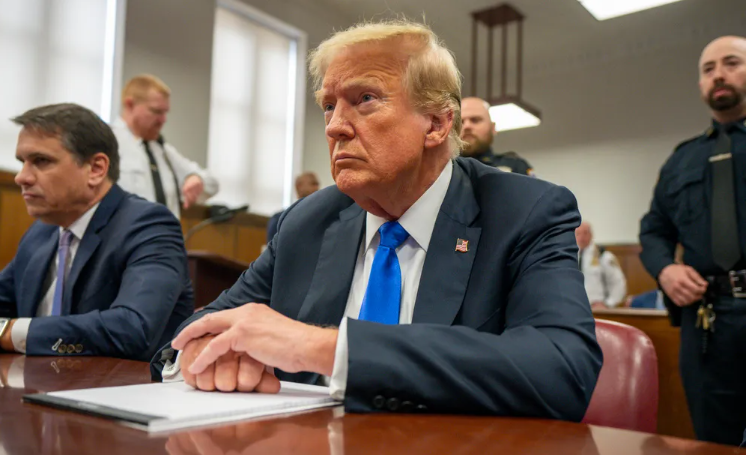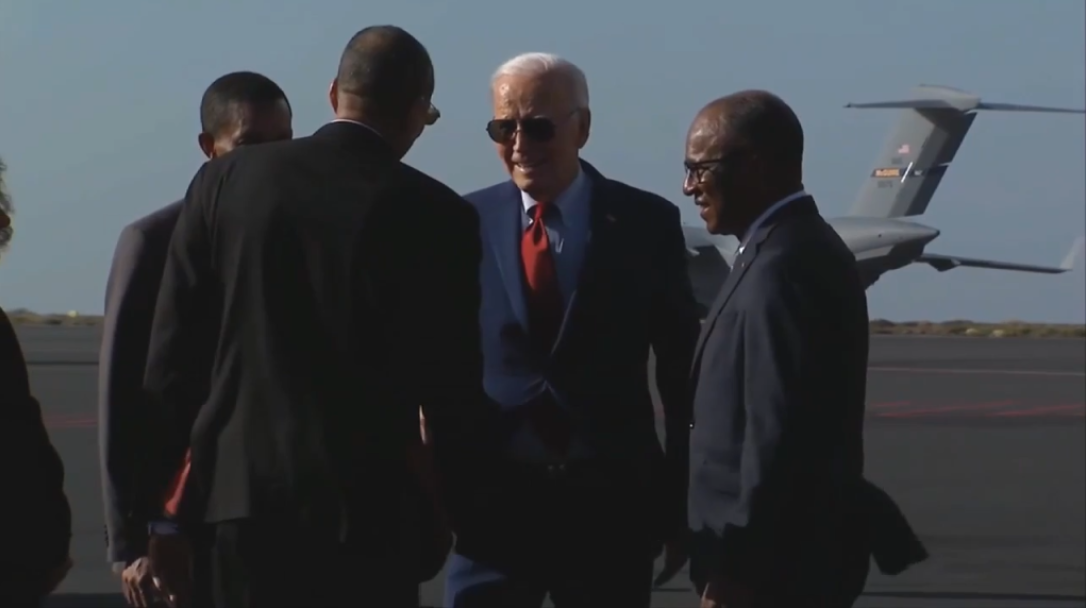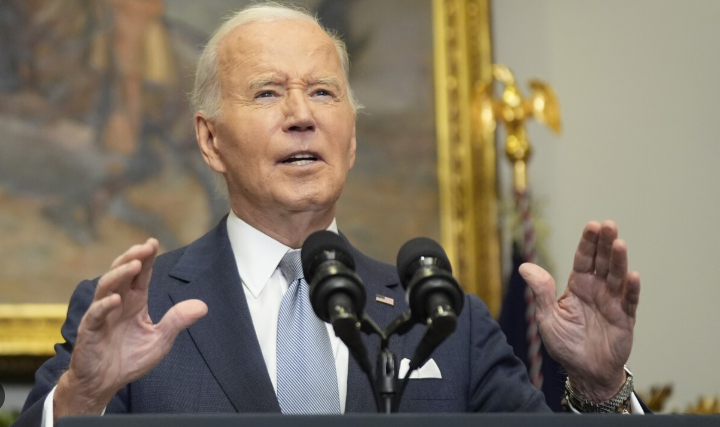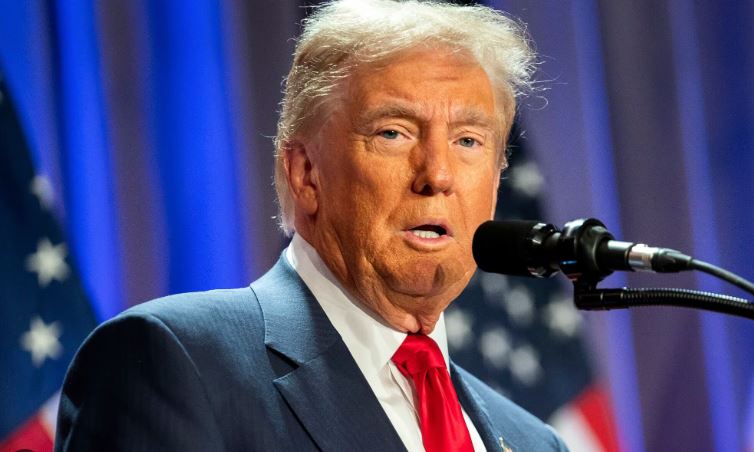Virginia Governor Glenn Youngkin has ignited a political firestorm by calling for an immediate ban on sanctuary cities across the state. In a fiery statement this week, the Republican leader asserted that such policies undermine law enforcement efforts and compromise public safety.
Youngkin’s push comes amid growing national debates surrounding immigration enforcement and state-level policies. Speaking to a crowd in Richmond, Youngkin declared, “Virginia cannot afford to become a haven for those who disregard our laws. Sanctuary cities threaten the safety and security of our communities.”
What Are Sanctuary Cities?
Sanctuary cities are municipalities that limit their cooperation with federal immigration authorities, often declining to detain individuals based solely on immigration status. While supporters argue these policies protect immigrant communities and foster trust with local law enforcement, critics like Youngkin contend they create loopholes for criminal activities.
Backlash and Support
Youngkin’s call for a ban has drawn mixed reactions. Republican lawmakers and conservative organizations have rallied behind the governor, echoing his concerns about public safety. “This is a necessary step to ensure law and order in our state,” said State Senator Mark Peake, a staunch supporter of the proposal.
However, Democratic leaders and immigrant advocacy groups have slammed the move as an attack on vulnerable communities. “This is political theater at its worst,” said Del. Elizabeth Guzmán. “Sanctuary policies protect families, not criminals.”
Political Implications
The push to outlaw sanctuary cities is likely to dominate Virginia’s political landscape in the coming months. Analysts suggest it could energize conservative voters ahead of the 2024 elections, while intensifying the divide between the state’s urban and rural areas.
Youngkin’s proposal also aligns with broader Republican strategies nationwide, as GOP leaders use immigration as a central issue to rally their base. The ban could face legal challenges if implemented, with critics questioning its compatibility with state and federal laws.
What’s Next?
Governor Youngkin has urged the Virginia General Assembly to prioritize the issue in its upcoming session. While Republicans hold a slim majority in the House, the Democratic-controlled Senate could pose significant hurdles.
For now, Virginians are left to grapple with the implications of the proposed ban. As the debate unfolds, it promises to spark impassioned discussions about immigration, public safety, and the balance of power between local and federal authorities.







